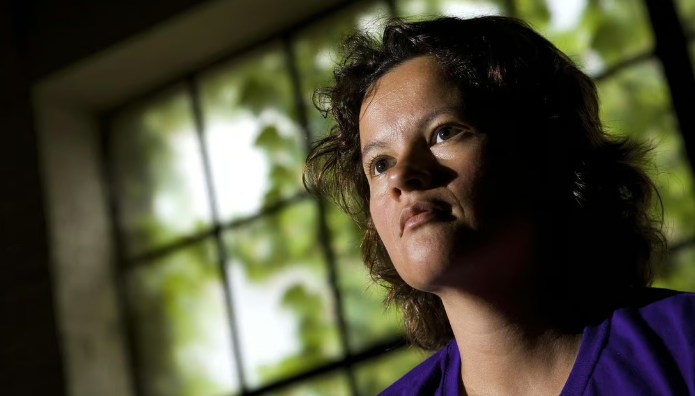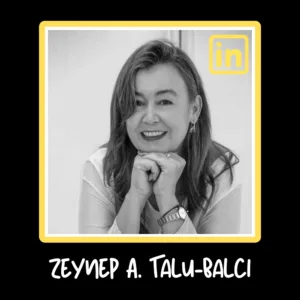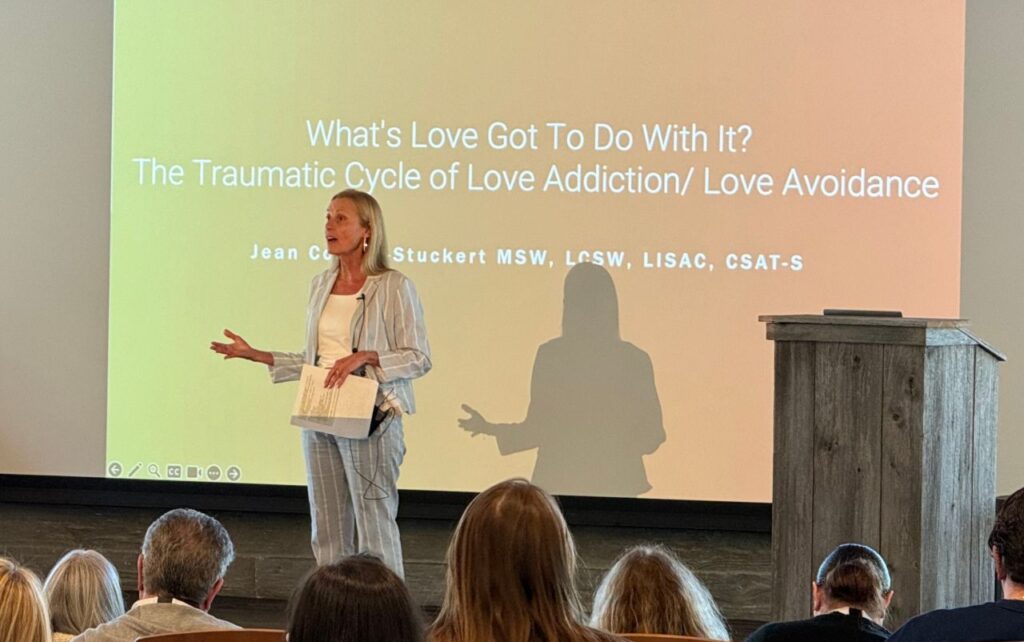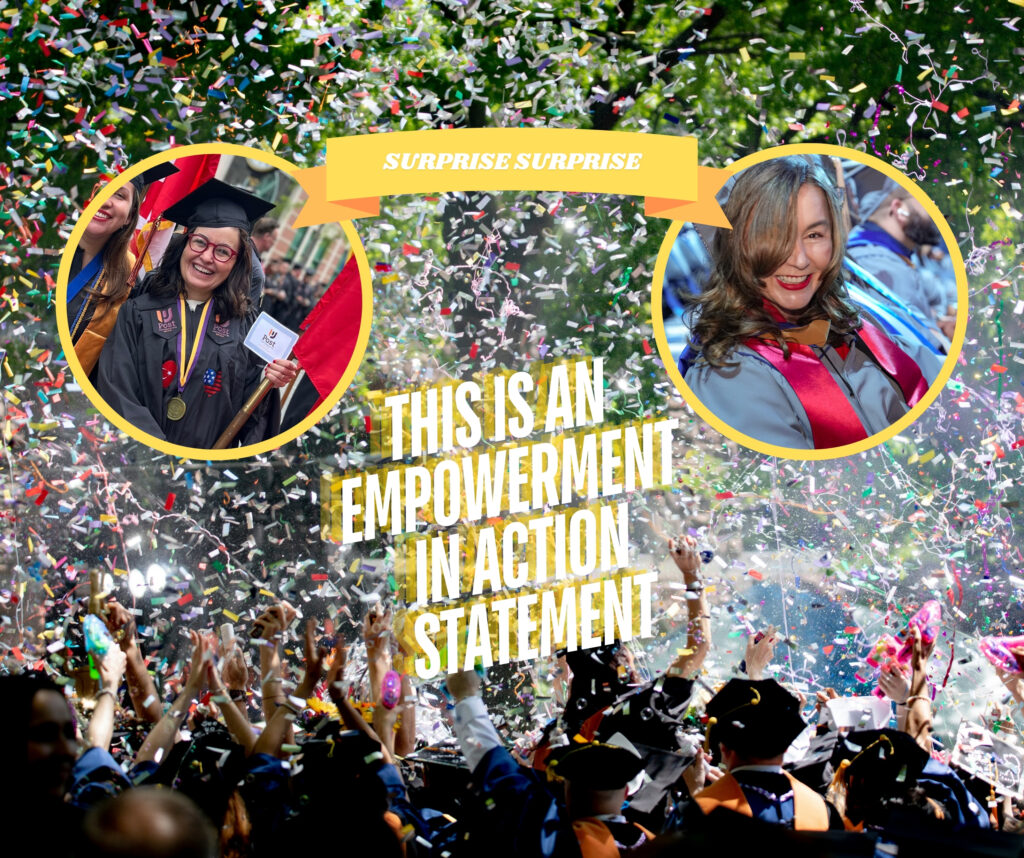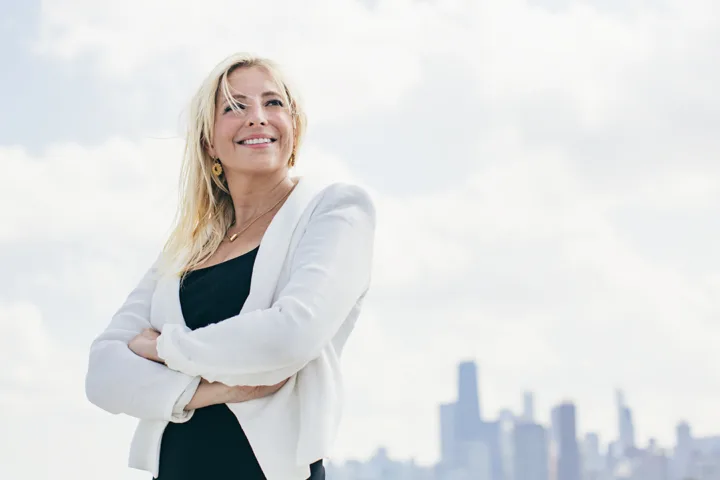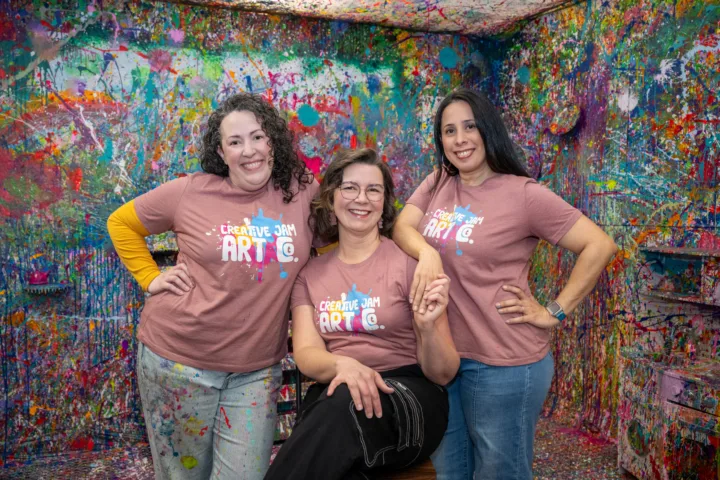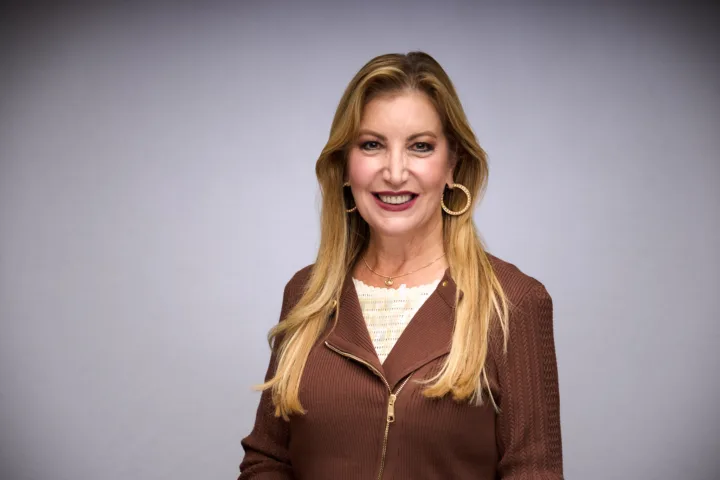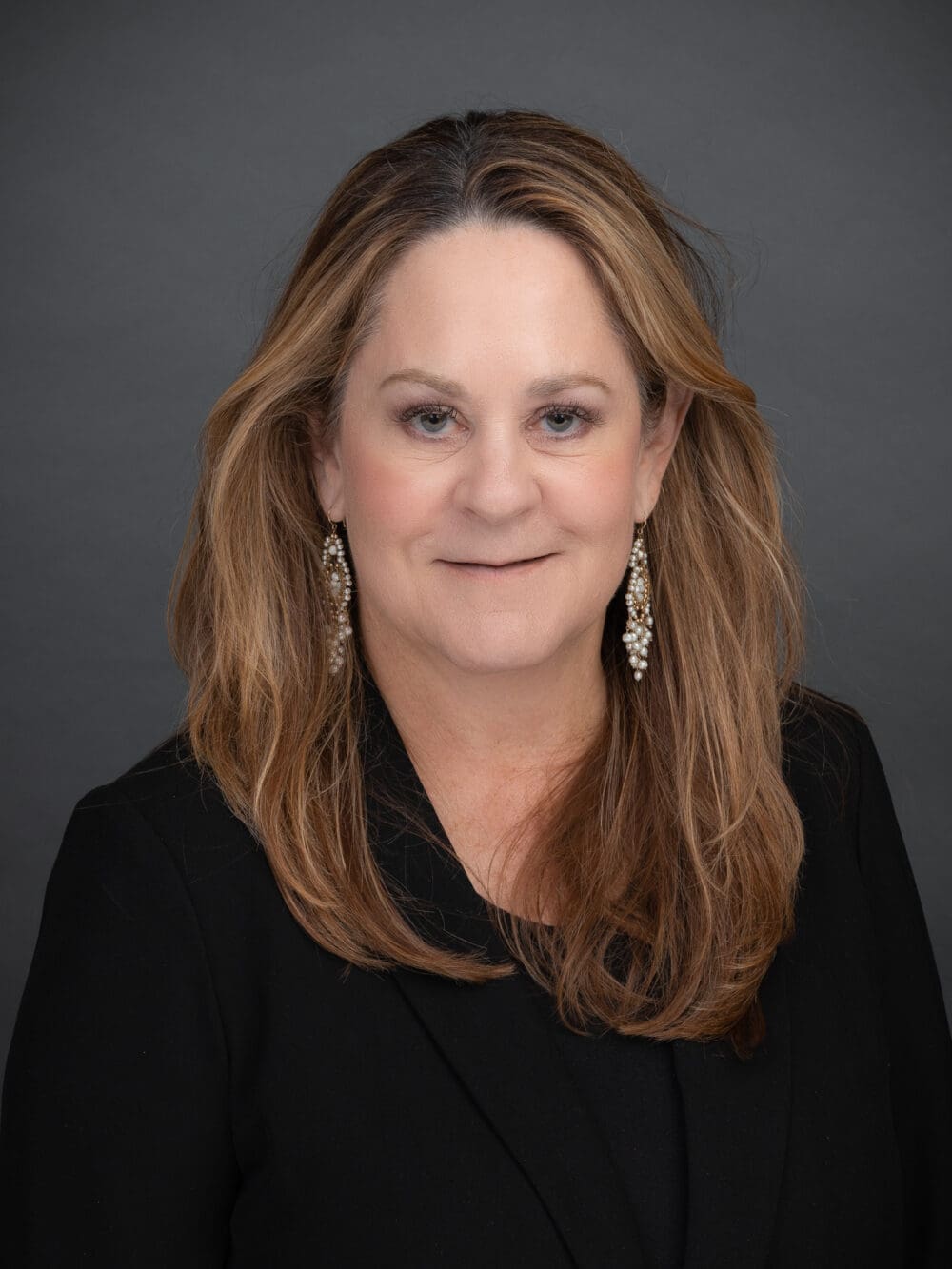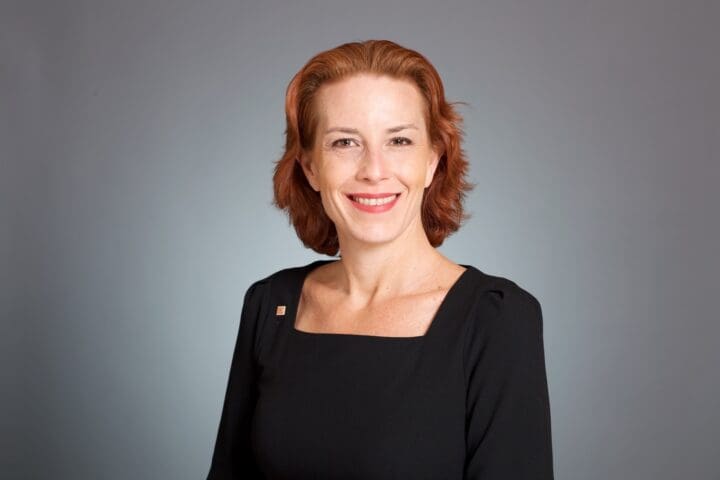If there is one teacher in my life to whom I am forever indebted, it is Nicole. She has not only empowered me with the tools to transform my personal and professional life but also equipped me to profoundly help my own family. It is with great pride and immense gratitude that I put the spotlight on Nicole as she prepares to return to Miami for her much-anticipated Neuro-Linguistic Programming (NLP) training.
My Personal Journey with NLP and Nicole
My personal journey with Nicole began in 2013 when I enrolled in her back-to-back practitioner and master practitioner courses. This period coincided with a challenging transition from Istanbul to Miami with my twins, who had just started kindergarten. Nicole’s training soon proved invaluable. Just weeks later, my daughter developed a daunting fear of exams at only 5.5 years old.
✿ Thank you for reading!
Subscribe to be our bestie, no spam—just good vibes once a month.
Utilizing the techniques I learned from Nicole, I was able to empower her to conquer this fear, which not only reinforced my belief in the transformative power of NLP but also demonstrated how practical and immediate the benefits of Nicole’s teachings could be in my personal life. This experience alone justified my investment of time, money, and energy in the courses. In my real estate practice, I have seamlessly integrated NLP techniques to elevate the level of service I provide to my clients and enhance my negotiation strategies.
How Nicole Schneider Transforms Lives with NLP Mastery
Nicole is not just a teacher; she is a guide who empowers others to leap forward, facilitating quantum changes in their lives with precision and empathy. Whether it’s choosing between a dream job and a beloved country, resolving complex relationship dynamics, or finding clarity in emotional turmoil, Nicole excels at helping individuals navigate through their pivotal life decisions and challenges, often achieving transformations in a single session.
Experience the Transformation with Us: Join Global NLP’s Nicole Schneider for NLP Training in Miami This September
This September, Nicole returns to Miami after a significant hiatus, bringing her renowned comprehensive NLP practitioner and master practitioner courses. These aren’t merely training sessions; they are transformative experiences that Nicole has crafted to be as inclusive and accessible as possible. The upcoming sessions in Miami reflect her educational philosophy—to create a safe, supportive, and stimulating environment where students can thrive and transform. Join us this September to experience a journey of personal development and professional excellence that promises lasting change. We are excited to welcome Nicole Schneider, a pioneering leader in NLP training, who transforms lives with her innovative and empathetic approach to personal growth.
Interview: Zeynep A. Talu-Balci
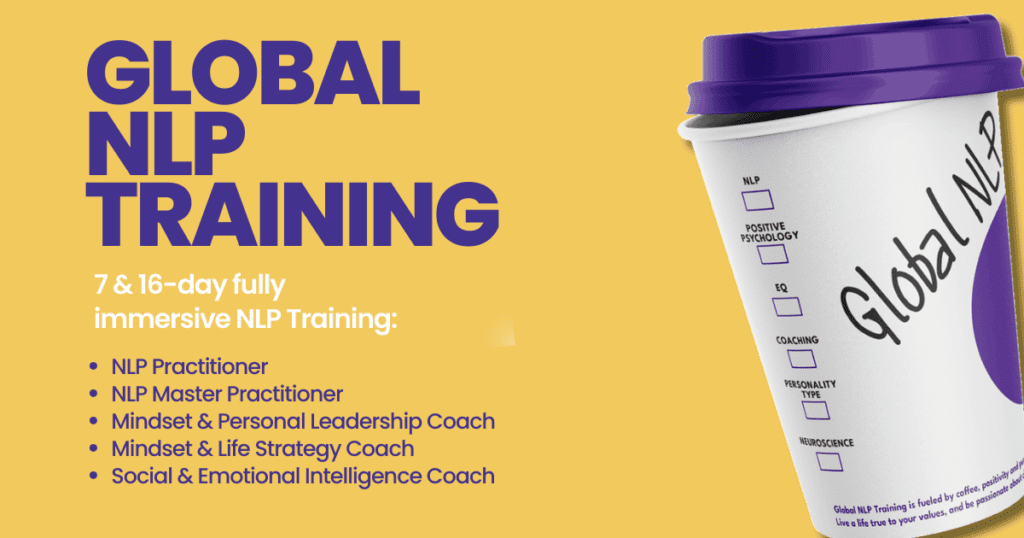
Nicole, you began your journey in NLP at a young age and have nearly two decades of experience as an NLP trainer. What initially drew you to NLP, and how has your motivation evolved over the years?
When you look at your child, you know as a parent how smart they are. Yet, if you see their intelligence not matching their school performance, something must be wrong. Soon, this type of mismatch starts to affect their self-esteem, their beliefs about themselves, their ability to learn, and their intelligence. This impacts their entire future.
Schools often focus on what is wrong with the child, or label them, rather than putting on a detective hat and being curious. What specifically is causing this gap, if we assume the child is mentally healthy and we stop looking for someone or something to blame? These are the questions my mom ended up asking herself.
She knew I am more of a visual learner who learns best by doing and experiencing. Learning biology in the garden—seeing, hearing, and feeling what is going on—is more effective for me than listening to someone talk about plants and, at best, looking at some photographs. In this space, I first learned NLP as a teenager. As a result, I learned not only how to learn but also how to strategically navigate a school system designed for children who can sit still and listen all day. NLP did much more, it helped me build confidence, self-esteem, and the underlying strategies for me to become happy and successful.
You’ve mentioned starting Global NLP Training during a particularly challenging period of illness in your life. Can you share how these personal challenges influenced your approach to NLP and your teaching methods?
Yes, I once was a high-flyer in the IT industry. For a 30-year-old, I had the LinkedIn profile that would make most people salivate. Just because you are good at something or because you are recognized as a rising star, doesn’t mean that you should be doing it at the expense of your physical and mental health. It wasn’t my purpose and meaning to be in a leadership role either. I was diagnosed with Chronic Fatigue Syndrome (CFS/ME). Even today, when you go to a doctor or a psychologist for this ‘incurable’ disease, it is about managing symptoms and living with the disease.
This is when NLP started to have a whole new meaning to me. I believed that I could cure myself! And I did, using NLP. I had to work on how my brain was programmed and re-empower my life. At heart, I am a teacher, not a corporate manager. The way it informed my teaching is by allowing my students to examine who they authentically really are, to look at what faulty programming gets in the way of how they experience their past, present, and future. And teach them the tools they need for their personal and professional change.
For some of my students, this means they need to use the tools to overcome challenges such as trauma, burn-out, lack of confidence, anxiety, stress, grief or low self-esteem. For others, it’s about transforming their careers, self-actualizing, or achieving a massive goal. Some people attend the NLP training to simply become better parents, communicators, or business leaders. With the ‘Breakfast Club’ in one room, I had to design a learning experience that would work for everyone. I had to use NLP to teach NLP.
The class is not just meant to enable you to use the toolbox of tools and techniques for yourself; it is also meant to allow you to use these to work with others through coaching, mentoring, teaching, leading,, (social media) influencing, and parenting. I also get a lot of people from the field of marketing, sales, conflict resolution, negotiation sports and entertainment.
Global NLP Training stands out by offering back-to-back Practitioner and Master Practitioner courses and going beyond just the basics. What inspired you to structure your courses this way, and what impact do you think this has on your students’ learning experience?
You can learn a language for a few hours a week from the comfort of your own home on a laptop, or spend 15 minutes a day with an app. Alternatively, you can immerse yourself in a learning experience in a country where the language is spoken. In terms of Global NLP Training, this means that in 7 to 15 days, you emerge at the other end transformed in how you handle relationships, and communication, view the world, your past, future, and manage your personal and professional life.
As a top-tier trainer and mentor, what qualities do you believe are essential for the next generation of personal development professionals and leaders in NLP?
There are no shortcuts. A lot of people go into the profession because they want to help people, but you need more than just that to be a personal development leader. Anything that is your highest purpose is a journey! This means you need to have the resilience and motivation to achieve mastery, just as guitar virtuosos need to practice scales over and over until their fingers bleed. They can’t ‘fake it till you make it.’ When people try to do that as personal development leaders, people sense it—we practice since the day we are born to be human lie detectors. You also need to be willing to build your platform to make a living; this includes doing things that you aren’t naturally good at and you typically may want to hide from. You need to have a love of learning, and not always want to walk the road well-traveled.
Your approach integrates scientific research from various fields. How do you stay updated with the latest research, and how does this inform your training programs?
The world of “positive” sciences is more accessible and popular than ever. Previously, science and personal development were light years apart—one aimed to be scientific, and the other aimed to teach as many people as possible. Now, these lines are blurring. Scientists are writing books for the mainstream public, hosting podcasts, and giving keynote speeches. Think of famous TED talks and books by Brené Brown, Shawn Achor, Matthew Walker, and Angela Duckworth, or podcasts by Andrew Huberman and David Sinclair. As scientists, they include footnotes referencing other research in everything they do, which can send me down a rabbit hole for days!
Professionals in personal development, like myself, who are cutting-edge, are all learners and readers! We have an advantage because we focus less on research and more on teaching classes, working with clients, and the art of motivational speaking. Also, our focus is on the practical implementation, and tools and techniques. Rather than proofing theories to be right, and research. You either get results or you don’t. Words, definitions, theories, and research aren’t equal to results.
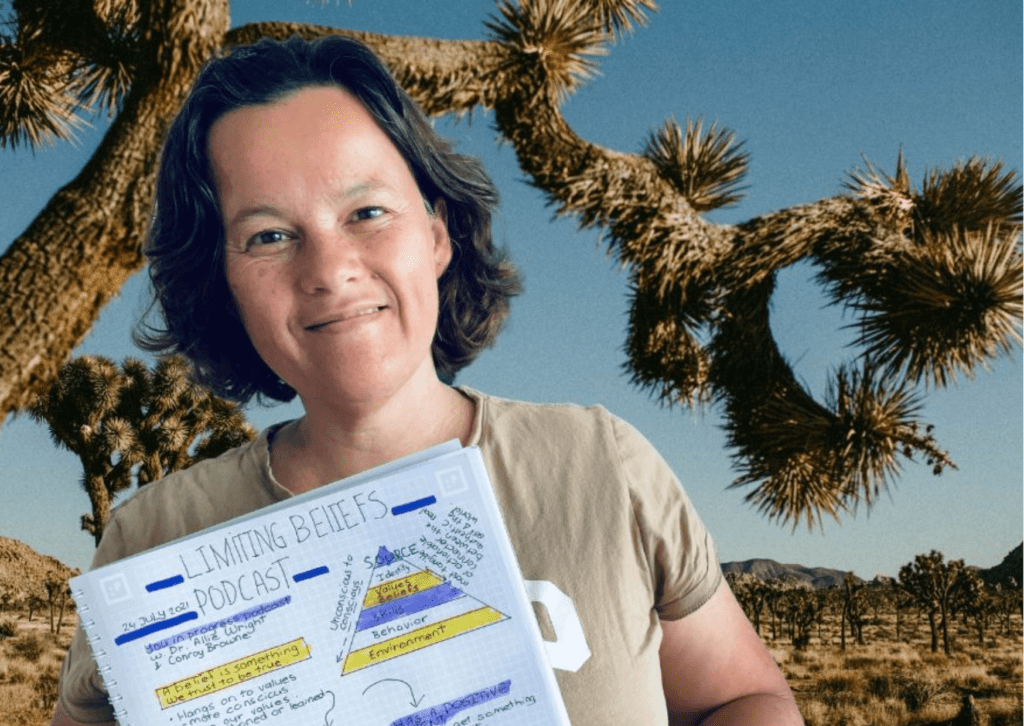
You’ve achieved remarkable success in a field that is largely male-dominated. What advice would you give to women aspiring to become leaders in NLP or other male-dominated industries?
You’ve done your research well—indeed, many of my teachers were boomers and other GenX-ers. I’ve witnessed shocking events at personal development seminars that go beyond simple mansplaining, even involving famous figures in the industry. We’ve all been shaped by a mix of nurture and nature. I believe we have a choice: to act like a victim or to act like a hero or survivor. A victim needs a villain, male or female, but most men and women aren’t villains once you stop generalizing and look closer.
My approach has always been to be the best teacher I can be and to live what I teach unerringly. This transcends culture, gender, sexuality, and religion, allowing for true transformation. I think today’s world is more open to dialogue, change, and acceptance. But it needs to be led by women into personal development and positive change—not by angry women with a chip on their shoulders. The best place to start is with our own personal empowerment and by changing the way we raise our sons, choosing partners who align with the best versions of ourselves, and striving to be better mentors and teachers.
You actively contribute to underprivileged communities through your work. Could you tell us more about these initiatives and why they are important to you?
I was raised in Europe, and my grandparents all experienced war—whether in Europe, or the camps in Asia. They knew both wealth and poverty, and they all understood suffering. What it was like to start over, I was taught to notice suffering, but also raised with the belief that I could actively relieve it, not alone, but by rallying people together for the greater good. This involves collaborating with heroes and making my teachings available to those who can significantly impact entire communities.
For this, you don’t look to national or international organizations. Instead, you join those who roll up their sleeves, step into the mud rather than an office, and have a desire to change an entire community or an island. Currently, I support Robin Lim, CNN’s Hero of the Year, and her foundation, Bumi Sehat, which provides healthcare and gentle birthing services to impoverished women in Indonesia and the Philippines. I train her staff and raise funds. In Bali, where I conduct my training, all support staff and catering come from the LGBTQ+ community, who are often hidden in shame, among the most vulnerable on the island and among the poor. Over the years I worked with many foundations and teachers in impoverished areas all over the world.
Based on your extensive experience, what are some common misconceptions about NLP that you’d like to address for someone just starting their journey in personal development?
NLP is sometimes criticized for being manipulative. In a sense, this criticism could apply to any type of skill development relating to thoughts, emotions, beliefs, behaviors, and communication, labeling them as manipulative. If you put NLP in the hands of a person with ill intentions, it indeed can be manipulative. Typically, those who make real objections against NLP are the ones who need it the most—usually the same people who (secretly) reject any form of personal development tools or change. People are also quickly intimidated by NLP Master Practitioners, as they have an edge over anyone not NLP trained. For people with huge walls and low self-esteem, that’s uncomfortable.
What legacy do you hope to leave through your work in NLP, and what do you want your students to remember most from their training with you?
The answer to both is the same: for people to leave the training ready for the next step in their personal and professional evolution, and to empower them to do the same for others. This means it’s more about my students’ legacy than mine. Most of my students view their NLP training with me as a pivotal turning point in how they operate and their ability to help others be their best selves. In my early 30s, I already knew I was leaving a massive legacy through my students and everyone they encounter. Since then, I’ve continued to drop more pebbles into that pond, creating ripple effects, but I can do it while being in the moment, rather than worrying about significance, legacy, or fame.
Your training encompasses a broad range of applications from business coaching to personal empowerment. Can you share a transformative experience where NLP tools made a significant impact in one of these areas?
I can teach someone how to overcome their phobia or fear in just 10 minutes, by applying techniques used by those who are naturally immune to phobias. In a typical class, I demonstrate this with one person. Then, my students practice on each other, achieving nearly a 100% success rate. That’s on the 7th day of class.
I believe one of the greatest accomplishments in business is mastering communication to change minds. Becoming the person who can not only reach any goal but also become an outlier in success. Others will naturally want to rally behind them as a leader, innovator, or top seller of a superior product or service.
Is NLP scientific? How do you integrate current scientific research into your NLP training programs to ensure they are evidence-based?
When NLP first emerged, there was a significant challenge. Psychology predominantly focused on negative emotions and mental illness. In contrast, the world of personal development, think of people like Tony Robbins, Paul McKenna, Wayne Dyer, Stephen Covey, and Zig Ziglar, emphasized success, self-actualization, and well-being. They wanted to teach and inform others, so we could all become better for it, By the way, Tony Robbins and Paul McKenna credit NLP for most of their work.
NLP and the personal development sphere weren’t trying to be scientific and research for decades a cross section of society and fight the science of psychology. They simply observed and learned from successful individuals across various fields like therapy, business, education, motivational speaking, sports and people who overcame significant emotional events or fears. .
The transformation and life changes driven by personal development seminars and leaders have significantly impacted people worldwide, thankfully avoiding the confines of a laboratory.
It wasn’t until the 1990s that scientists began to study and define mindset, happiness, success, resilience, and positive emotions in general. Now, more than ever, it’s crucial for a personal development professional who teaches practical skill sets to also explain why they work. NLP is still light years ahead, as it represents the practical application of what scientists are discovering. So I teach NLP, and explain why it works from a scientific standpoint wherever possible.
What kind of learning environment do you believe is most effective for teaching NLP, and how have you incorporated this into your training sessions at Global NLP Training?
The main requirement is for people to feel safe, comfortable, and not be deprived of simple things like daylight, healthy food or sleep. This is why we train in small groups at beautiful locations around the world, often in the living rooms of villas, beach condos, and art galleries, rather than in the windowless basements of airport hotels.
NLP involves modeling people who have achieved high levels of success in various areas. Could you share an example of a successful modeling project and how it has influenced your training methods?
This may sound strange, but I modeled my approach on how children learn the most important skills before they can read a PowerPoint presentation. How does a child learn a language? How to walk? How to share with their siblings? How to get their parent to say yes? Virtually any skill before they are 7 years of age. Once I understood that, I realized it made sense to create a training program based on understanding how we learn, when we learn, and the sequence of learning. For adults, learning is also an emotional process, as it can trigger issues related to their self-esteem and beliefs about their ability to learn. We carry many habits and beliefs about learning.
For someone interested in learning NLP, how would you advise them to select the right school or training program? What sets Global NLP Training apart from other institutions?
Global NLP Training is the only company with a trainer of international reputation willing to teach in small groups. We offer a learning experience, which is more like a transformational retreat! Rather than just a skills development or certification class. We focus on teaching the most in-depth version of NLP, particularly in our NLP Master Practitioner course, which addresses topics best suited to smaller, safer, and more intimate settings. Just as a plant needs sunlight and water, humans need a comfortable learning environment. Additionally, our training destinations contribute to this environment; we train in Mexico, Bali, Miami, Amsterdam, Portugal, Los Angeles (beachside), and Miami.
Your training has a significant global reach. How do you tailor your NLP training to cater to culturally diverse audiences?
Culturally, we may be different, but fundamentally, people learn the same way, face similar problems, and have comparable challenges, needs, hopes, and dreams. I grew up in a multicultural environment, where flexibility, curiosity, understanding, and acceptance are foundational for effective intercultural interactions. I don’t think I could have effectively taught international classes if I had been confined to a single culture or if neither of my parents were immigrants (they both were). Often, people don’t realize English is my second language; I speak five languages. My career began as an intercultural communications trainer and coach, specializing in cultural dimensions (Hofstede), which involves quickly understanding cultures I have never experienced firsthand. This knowledge translated in how a created the program and teach it.
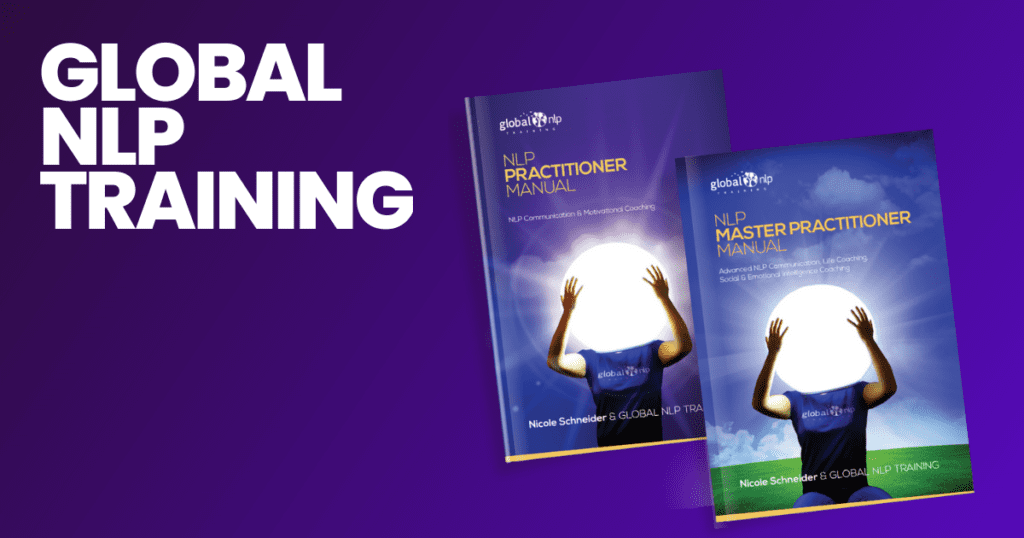
- Explore the Global NLP website
- Connect with Nicole Schneider on LinkedIn
- Subscribe to Nicole Schneider’s YouTube Channel for Expert NLP Insights and Tutorials
- Follow Global NLP Training on Instagram
- Follow Global NLP Training on Facebook
© 2024 SHE Media www.she.work. All rights reserved. No part of this publication, including text and photos, should be reproduced, distributed, or transmitted in any form or by any means without the prior written permission of SHE Media.
Shortcuts to Questions
✱ If you liked this article, please share it with a friend who could use inspiration.
If you have a topic in mind or a story to share anonymously or with your name, email us at [email protected]

